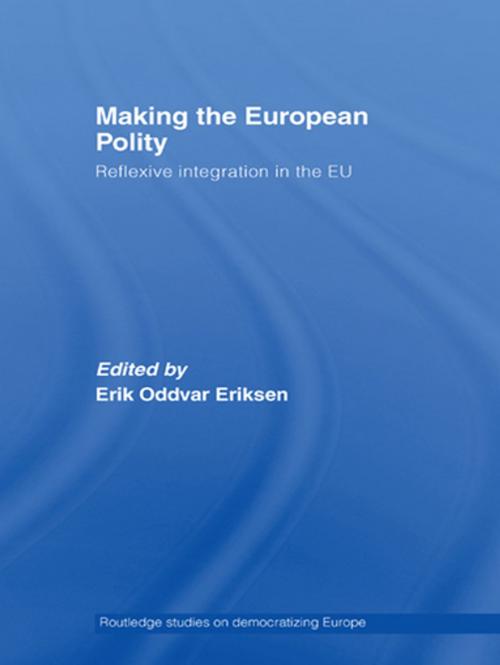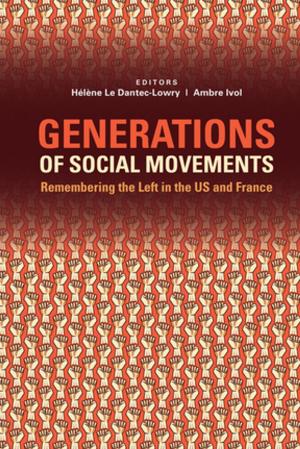Making The European Polity
Reflexive integration in the EU
Nonfiction, Social & Cultural Studies, Political Science, International, International Relations| Author: | ISBN: | 9781134229499 | |
| Publisher: | Taylor and Francis | Publication: | April 11, 2007 |
| Imprint: | Routledge | Language: | English |
| Author: | |
| ISBN: | 9781134229499 |
| Publisher: | Taylor and Francis |
| Publication: | April 11, 2007 |
| Imprint: | Routledge |
| Language: | English |
Today’s Europe is marked by an amazing pace of integration. The European Union now consists of twenty five member states, however there is confusion and disagreement about its future design.
Making The European Polity investigates how the European Union should develop and organize itself and offers a reflexive approach to integration based on the theory of communicative action. It conceives of the EU as a law based supranational polity lacking the identity of a people as well as the coercive means of a state and argues that it is a polity with an organized capacity to act, but no sole apex of authority. Making an important contribution to the theoretical discussions on the EU, these contributors explore a range of issues including legitimacy, post-national democracy and integration and provide in-depth analyses of social and tax policy, foreign policy, identity formation, the reform process and the constitutional effects of enlargement.
This book will appeal to all political scientists and particularly to students and researchers of European Politics.
Today’s Europe is marked by an amazing pace of integration. The European Union now consists of twenty five member states, however there is confusion and disagreement about its future design.
Making The European Polity investigates how the European Union should develop and organize itself and offers a reflexive approach to integration based on the theory of communicative action. It conceives of the EU as a law based supranational polity lacking the identity of a people as well as the coercive means of a state and argues that it is a polity with an organized capacity to act, but no sole apex of authority. Making an important contribution to the theoretical discussions on the EU, these contributors explore a range of issues including legitimacy, post-national democracy and integration and provide in-depth analyses of social and tax policy, foreign policy, identity formation, the reform process and the constitutional effects of enlargement.
This book will appeal to all political scientists and particularly to students and researchers of European Politics.















